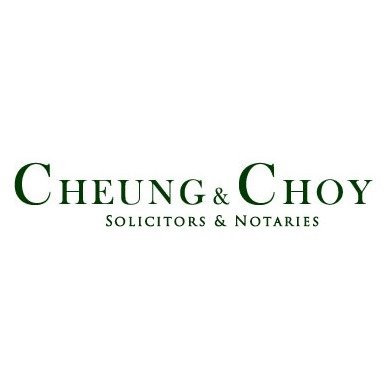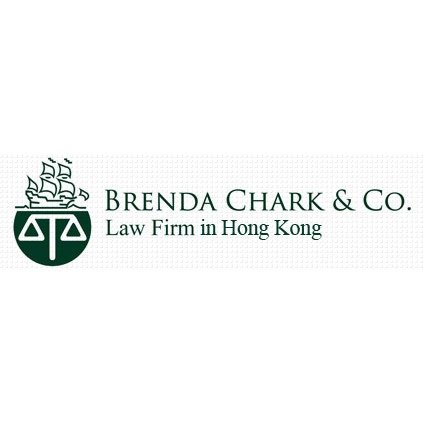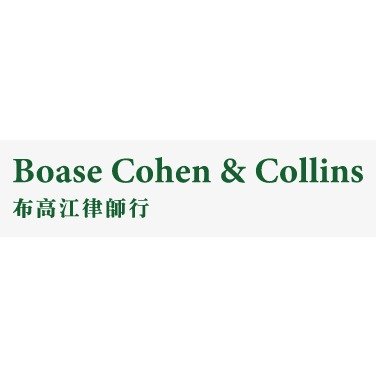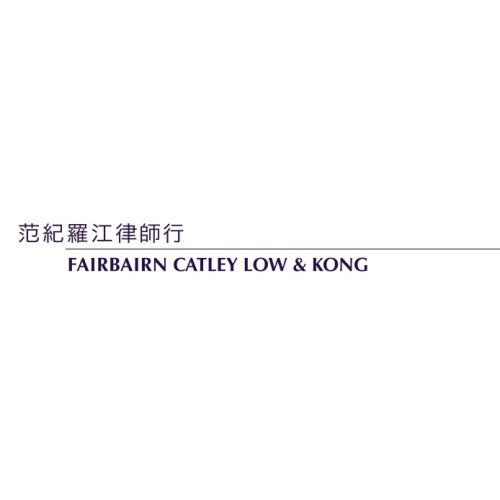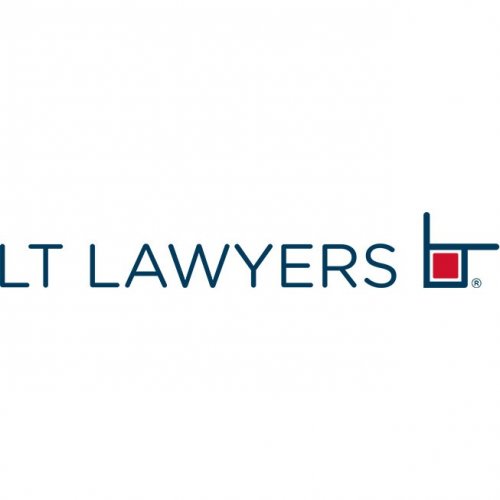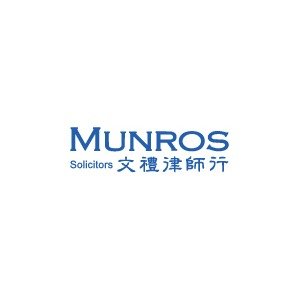Best Conveyancing Lawyers in Wanchai
Share your needs with us, get contacted by law firms.
Free. Takes 2 min.
Free Guide to Hiring a Real Estate Lawyer
List of the best lawyers in Wanchai, Hong Kong
About Conveyancing Law in Wanchai, Hong Kong
Conveyancing refers to the legal process of transferring property ownership from one party to another. In Wanchai, Hong Kong, this process involves various legal requirements, documentation, and formalities that must be meticulously followed to ensure a valid and secure transaction. Whether you are buying, selling, or refinancing a property, understanding the specifics of conveyancing law in this area can help you navigate property transactions smoothly and avoid common pitfalls.
Why You May Need a Lawyer
There are numerous reasons you may require legal assistance with conveyancing in Wanchai, Hong Kong. Some of the most common situations include:
- Purchasing or selling residential or commercial property
- Transferring property ownership following inheritance or divorce
- Handling mortgages or refinancing agreements
- Dealing with complex leaseholds or sub-leases
- Resolving disputes over property boundaries or titles
- Ensuring compliance with all regulatory and legal requirements
- Addressing potential issues discovered during property searches or checks
A qualified solicitor can guide you through each stage of the conveyancing process, review and draft necessary documents, handle negotiations, and protect your legal interests.
Local Laws Overview
Property transactions in Wanchai, Hong Kong, are governed by a mix of common law principles and local ordinances, with an emphasis on thorough documentation and registration of all transactions. Key aspects include:
- Land Registration Ordinance: All property transfers must be registered at the Land Registry to be recognized legally. Registration provides protection against competing interests in the property.
- Formality Requirements: Legal documents, including sale and purchase agreements, must meet strict formatting and witnessing requirements.
- Stamp Duty: Buyers are required to pay stamp duty on property transactions. The rates vary depending on the value and nature of the transaction.
- Property Valuation and Searches: Conducting searches is essential to verify title, ensure absence of encumbrances, and confirm compliance with zoning laws.
- Cooling-off Periods and Deposits: Hong Kong law provides for specific periods during which certain contracts can be reconsidered, and outlines rules about deposits and completion dates.
- Solicitor's Role: Both buyer and seller typically engage their own solicitors to avoid conflicts of interest.
Frequently Asked Questions
What is conveyancing in Hong Kong?
Conveyancing is the legal process of transferring ownership of real property, including land and buildings, from one person or entity to another.
Do I need a solicitor for property transactions in Wanchai?
While not legally compulsory, it is highly recommended to engage a solicitor due to the complexity of property law, to ensure your interests are protected, and to comply with all statutory requirements.
How long does the conveyancing process take?
The process typically takes four to eight weeks, depending on factors such as the type of property, completion of due diligence, and promptness of all parties involved.
What documents are required for conveyancing?
Essential documents include the sale and purchase agreement, title deeds, land searches, mortgage documents (if applicable), and evidence of payment of stamp duty.
What is the role of the Land Registry in Hong Kong?
The Land Registry is responsible for registering property transactions and maintaining official property and land records. Registration is crucial for establishing legal ownership.
Who is responsible for paying stamp duty?
The buyer is usually responsible for paying stamp duty on property transactions in Hong Kong, including Wanchai.
Can foreigners buy property in Wanchai, Hong Kong?
Yes, both residents and non-residents can purchase property in Hong Kong, subject to the same legal requirements and taxes as locals.
What happens if there is a dispute over the title or boundaries?
Such disputes should be addressed with legal advice promptly. A solicitor can help resolve the issue by examining land records and negotiating on your behalf.
What are the risks of not using a conveyancing lawyer?
Risks include missing crucial deadlines, incomplete documents, failure to spot title defects, unregistered interests, or actions that could void the transaction.
Is there a cooling-off period for residential property purchases?
Yes, there is typically a cooldown period for certain residential property transactions, during which the buyer may reconsider before the agreement becomes binding.
Additional Resources
There are several organizations and authorities in Hong Kong you can turn to for help and resources regarding conveyancing:
- The Land Registry of Hong Kong: Offers property search, registration, and information services
- The Law Society of Hong Kong: Provides a directory of qualified solicitors and law firms
- Rating and Valuation Department: Supplies property value and rating information
- Consumer Council: Offers advice and guides on property transactions and consumer rights
- Hong Kong Housing Authority: Information on government housing schemes and property management
Next Steps
If you are planning to engage in a property transaction in Wanchai, Hong Kong, consider the following steps:
- Gather all relevant documents related to your property or intended transaction
- Contact and consult a qualified conveyancing solicitor in Hong Kong
- Discuss your goals and any potential issues with your lawyer, who will guide you through each step of the process
- Ensure all statutory obligations, searches, and registration procedures are duly fulfilled
- Stay informed and ask your solicitor to clarify any doubts about procedures, timelines, or fees
Taking these proactive steps and working with a qualified legal professional can help ensure that your property transaction is smooth, legally compliant, and secure.
Lawzana helps you find the best lawyers and law firms in Wanchai through a curated and pre-screened list of qualified legal professionals. Our platform offers rankings and detailed profiles of attorneys and law firms, allowing you to compare based on practice areas, including Conveyancing, experience, and client feedback.
Each profile includes a description of the firm's areas of practice, client reviews, team members and partners, year of establishment, spoken languages, office locations, contact information, social media presence, and any published articles or resources. Most firms on our platform speak English and are experienced in both local and international legal matters.
Get a quote from top-rated law firms in Wanchai, Hong Kong — quickly, securely, and without unnecessary hassle.
Disclaimer:
The information provided on this page is for general informational purposes only and does not constitute legal advice. While we strive to ensure the accuracy and relevance of the content, legal information may change over time, and interpretations of the law can vary. You should always consult with a qualified legal professional for advice specific to your situation.
We disclaim all liability for actions taken or not taken based on the content of this page. If you believe any information is incorrect or outdated, please contact us, and we will review and update it where appropriate.



